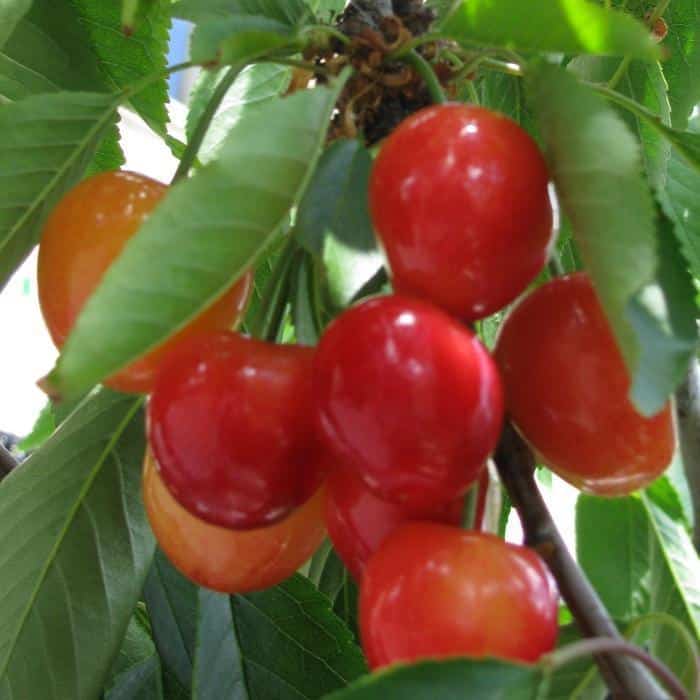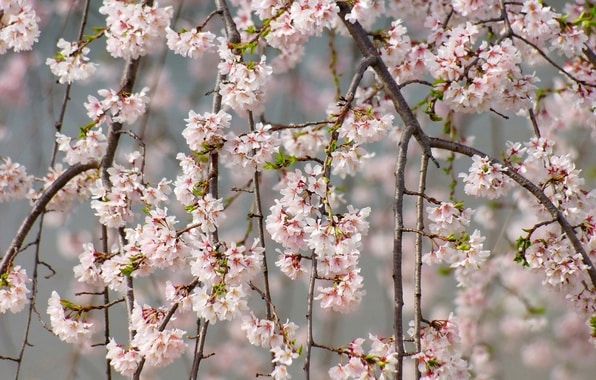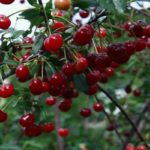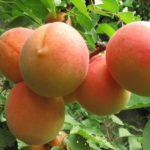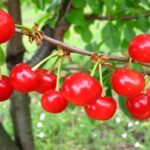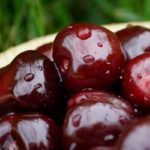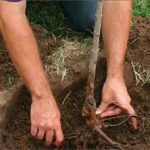Cherry variety Tenderness is not only a decoration for a personal plot during flowering, but also a tree that produces juicy and large fruits. High yield allows you to enjoy fresh berries, as well as prepare jam, jam, juice or wine. Increasingly, gardeners are choosing seedlings of this variety for their plots. Description, characteristics and tips for caring for and planting the plant below.
Description of the variety
The description of the variety Tenderness suggests that the plant belongs to the varieties of mid-late ripening cherries. After planting, the plant begins to bear fruit only in the fourth, sometimes fifth, year. If there is no harvest after this period, you need to pay attention to the presence of diseases, pests or errors in caring for the fruit tree.
Characteristics of cherry Tenderness
Characteristics include: color and taste of berries, fruit size, flowering and ripening time, as well as resistance to cold and disease.
Ripening time
The tree pleases the eye with its flowering in the middle and end of May. After fruit set, ripe berries appear in the last days of July.
Cherry blossom
The color of the fruit is slightly different from the classic color of cherries. The berries are rather yellow, and have a bright red blush on the side.
Cherry flavor
The core has a light yellow tint, juicy, not loose. The fruit tastes sweet and sour.
Fruit size
Compared to other varieties, the berries are considered large. Their average weight is about 10 grams.
Crown type
The trees themselves are not tall; an adult plant reaches a length of no more than 2.5-3 meters. The crown is oval, with proper care - medium density.
Winter hardiness
Most gardeners note the good frost resistance of the fruit tree of this variety.
Disease resistance
Cherry Tenderness is rarely susceptible to fungal diseases. The most common of them are moniliosis and coccomycosis - they are the most dangerous for trees of this type.
With proper care of the plant, fungal infection is virtually eliminated.
Features of planting and care
To plant seedlings, you need to choose a place where there is a lot of sunlight. You should not choose a windy area or plant the tree in lowlands.Often there is stagnation of melt water, which adversely affects the cherries. Suitable soil for the plant is loamy, sandy loam, with a low acidity level. Planting is done in the spring.
As with other fruit trees, the following care is recommended for the Tenderness variety:
- After planting in open ground and during periods of growth and flowering, abundant watering is required.
- Systematic loosening of the soil around the crown.
- To attract pollinating insects, plants are sprayed with sweet water.
- In early spring, before the flowering period begins, dry, rotten and disease-infected shoots are pruned.
- It is recommended to carry out preventive measures to protect the tree from infection with various diseases, as well as to repel harmful insects.

